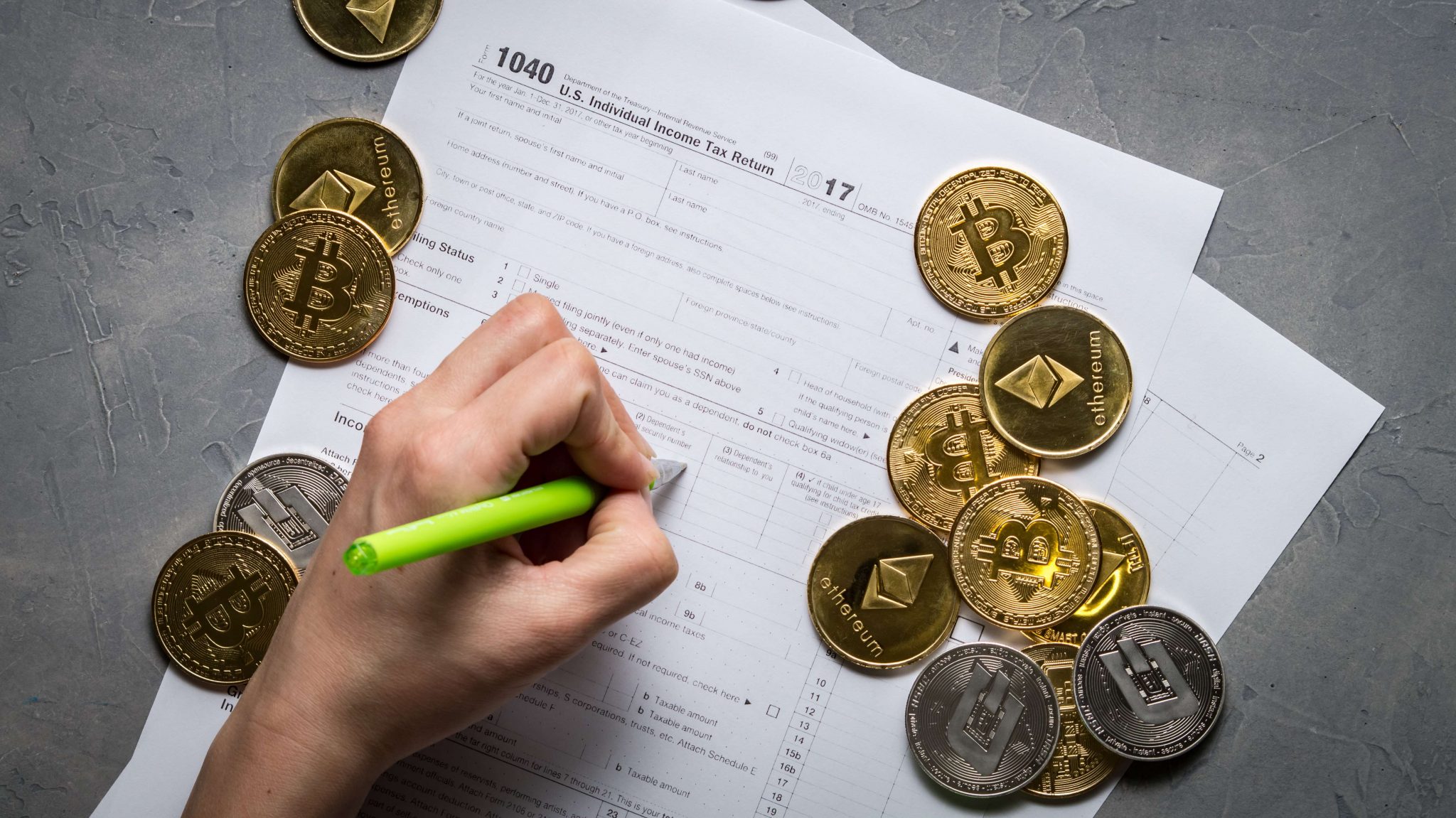Crypto Tax UK- Ultimate Tax Guide

You will need to keep a record of the fair market value of your cryptocurrency at the time the gift was given to calculate your capital gains or losses. The first £6,000 of profits made per year are not subject to any tax. After this £6,000 range, you’ll pay either 10% or 20% tax on profits, depending on what income tax bracket you fall into as well as the transactions you’ve made. HMRC has specific rules for crypto cost basis methods known as share pooling. This prevents manipulation of gains and losses through rapid buy-sell action and prevents tax loss harvesting. If you sell a cryptocurrency and receive less than the calculated cost basis, you will have realized a capital loss on the asset.
Reporting Cryptocurrencies on Tax Returns
- Given this expectation, trading income is not considered further in this article.
- Any fees involved in acquiring or disposing of your crypto can be added to your cost basis.
- Income from payments or mining is subject to Income Tax and National Insurance.
- In the UK, HMRC has provided guidelines on how individuals should report their crypto transactions on tax returns.
- It is typically done on a small scale, using personal computers or other consumer-grade hardware.
- You must file your taxes for the current fiscal year by January 31, 2022.
HMRC has given guidance detailing circumstances when submitting collateral can be considered a taxable disposal, which may occur when your collateral gets moved to another platform. Of course, it’s also important to remember that your cryptocurrency income from mining is classified differently whether you are mining as a hobby or as a business. Because of cryptocurrency’s pseudo-anonymous nature, many investors believe that it’s impossible for the HMRC to track cryptocurrency transactions. In this guide, we’ll cover everything you need to know about HM Revenue and Customs (HMRC’s) guidance on cryptocurrency taxes. Keep a record of all your crypto transactions (use one of the software solutions we recommend later in the article if you need to). Your taxes are due on January 31st — calculate the tax early to prepare for your bill on time.
Do you pay tax on crypto gains in the UK?

Blockpit offers smart insights and suggestions to optimize your tax report, fix issues, add missing values and to validate your transactions. Say your annual income is £50,000, and you’ve made a gain of £13,000 from selling Bitcoin. If your net capital gain exceeds your Capital Gains Tax Allowance, you must notify HMRC.
Types of crypto taxes you need to be aware of: What constitutes a taxable event
Donating cryptocurrency to a charity is not a taxable event, i.e., you do not need to pay CGT when you donate cryptocurrency to a registered charity. Transferring cryptocurrency between your wallets is not a taxable event. You do not need to pay CGT when transferring cryptocurrency between your wallets. The personal tax rates that apply to your income depend on the bandwidth of your income.
Spending crypto on goods and services
In the United Kingdom, cryptocurrency is subject to capital gains and ordinary income tax. You can do all of this online using the Government Gateway service, or if you prefer, you can fill out paper forms and mail them in. Remember, if you’re sending in a paper tax return, it must be postmarked by October 31, 2023, to meet the deadline.

As you can see, Emma’s cost basis per ETH in her shared pool is £1,600. The amount of income recognized then becomes the cost basis in the coin moving forward. Jordan Bass is the Head of Tax Strategy at CoinLedger, a certified public accountant, and a tax attorney specializing in digital assets. Consequently, if you are earning Crypto Taxes in the United Kingdom new coins or tokens, especially at a pre-agreed annual percentage yield (APY) through a DeFi protocol, it’s probable that this will be viewed as income. Taxpayers earning more than £125,000 a year do not receive the £12,570 personal allowance and those earning more than £100,000 a year receive a reduced personal allowance.

Any fees involved in acquiring or disposing of your crypto can be added to your cost basis. Your tax rate is determined by how much income you receive in a given year. As a result, disposing of your crypto in a low-income year can lead to a significantly reduced tax rate. Wondering what cryptocurrency transactions are not subject to tax in the UK?
- It is considered a disposal of an asset, and any profit is subject to Capital Gains Tax.
- He can also claim certain business expenses against his income, such as the cost of his mining hardware, electricity, and other business-related expenses.
- There is no Value Added Tax (VAT) for exchanging fiat currency for crypto (and vice versa).
- Moreover, to accurately report your taxes, you can use KoinX, a crypto tax calculating software that helps you to calculate and report your crypto taxes in the UK accurately.
- If you owned tokens on the original blockchain before the hard fork or split occurred, you will in most cases own an equal number of tokens on both blockchains after the event.
- Cryptocurrency received from mining is considered a form of income.
CPD guidance and help

Any gain in value from the time of acquisition will be added to the trading profits when disposing of such cryptocurrency. This transaction will also necessitate the payment of National Insurance Contribution. Importantly, if income tax has already been paid on the value of the tokens gifted, section 37 Taxation of the Capital Gains Tax Act of 1992 will apply. This essentially means that the “sales proceeds” will be reduced by the amount already subject to income tax before being subject to CGT.
How are crypto donations taxed?
If the difference’s value results are positive, you have gained a profit; if negative, you have incurred a loss. Moreover, if you dispose of the mined crypto at a gain, you will be liable to CGT on the said transaction. It’s worth noting that the £12,570 personal allowance will not be available to you if you earn more than £125,000 annually. Moreover, it is reduced for those with incomes exceeding £100,000. It is a fact that the UK is an outlier in Europe that deals with the digital asset space. It does not have any regulatory framework for cryptocurrencies, and as of October 2020, the Financial Conduct Authority banned the sale of crypto derivatives.








